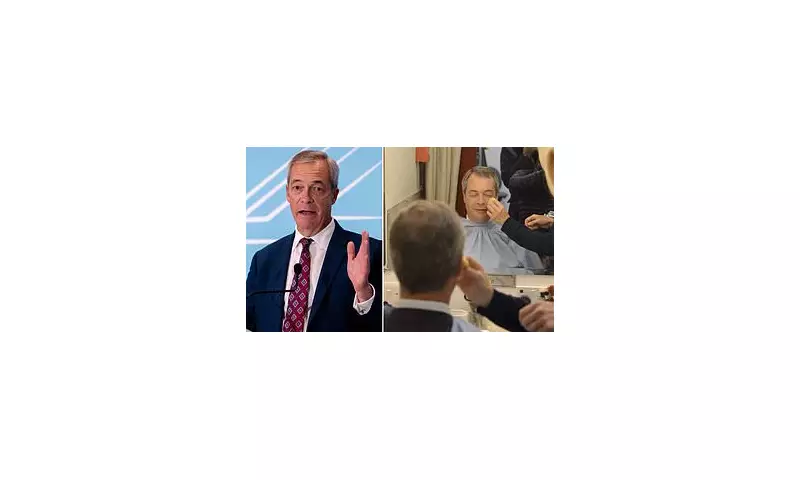
The BBC is facing explosive new allegations this week, moving beyond a controversy over Nigel Farage's childhood to claims of malicious behaviour by its own staff. Historian and author Lisa Hilton has made the extraordinary claim that make-up artists for the national broadcaster deliberately used contaminated brushes on the Reform UK leader.
Contaminated Brushes and Bodily Fluids Alleged
Lisa Hilton, a best-selling author who has herself presented documentaries for BBC television, dropped the bombshell allegation in The Critic magazine. Writing that she had heard this from a 'morning news veteran', the well-connected Hilton stated: 'Naming no names, but Nigel Farage might want to start doing his own face, given the extraordinarily imaginative range of natural cosmetics which the brushes are loaded with when he's in the chair.'
She elaborated that these so-called 'natural cosmetics' allegedly included human saliva and other bodily fluids. The claim suggests a deeply personal and unprofessional act of spite against the prominent Brexit campaigner.
A History of Accusations and Boycotts
For his part, Nigel Farage has declined to comment on the specific allegations. However, such alleged malice may not come as a complete shock to him. Farage has long been a vocal critic of the BBC, accusing it of systemic Left-wing and Remainer bias.
This incident is the latest in a series of clashes between Farage and the broadcaster. Last year, he vowed to boycott the BBC entirely. This decision came after he was accused of racism by some members of a selected audience during a Question Time special for party leaders ahead of the General Election.
'Our state broadcaster has behaved like a political actor throughout this election,' he declared at the time. 'Reform will be campaigning to abolish the licence fee.'
Denials and a Wider Context of Controversy
The BBC has formally declined to comment on the suggestions that Farage's make-up was deliberately contaminated. However, sources within the corporation have been quick to insist that the claims are completely false.
This scandal emerges against a backdrop of other personal controversies for the Reform UK leader. Just last week, he was fending off claims, which he denies, that he racially abused fellow pupils during his time at Dulwich College in the 1970s. The BBC itself had been reporting on these historical allegations, making the new claims about its own staff's conduct particularly pointed.
The allegations, if proven, would represent a serious breach of professional standards and ethics at the publicly-funded broadcaster, raising questions about the impartiality and conduct of its production teams.





